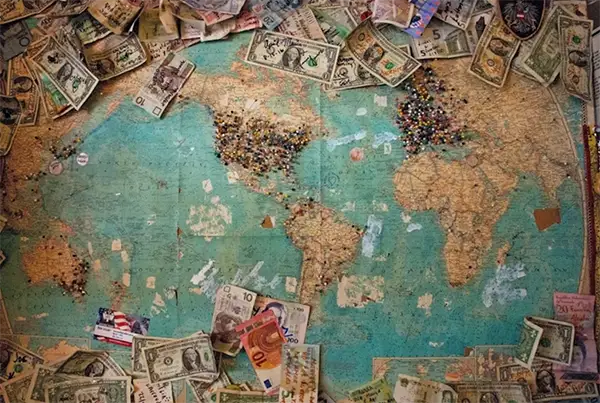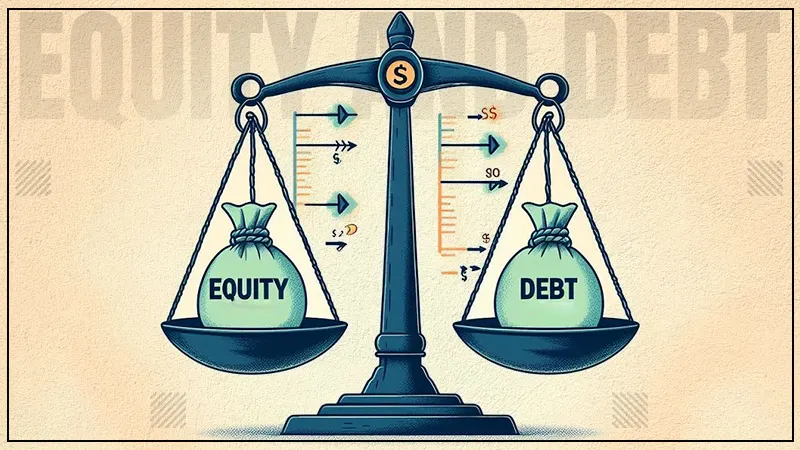Handling Business Transactions Globally: A How-to Guide

Expanding a business to global markets can be both exciting and daunting. This is not a natural progression for the faint of heart. It requires a lot of careful planning and attention to detail for things to go well and even then the complicated nature of moving goods and money across the globe can lead to mishaps. All that being said, it is a great opportunity for growth to expand your business into global markets and can be very rewarding both financially and personally. If this is the next logical step for your business but you are not sure where to start, use this guide to help you handle all of your global business transactions.
Understand Local Regulations
Before partaking in any kind of transaction with other countries, you must first study up on the local regulations of each country that you plan to interact with. This is beneficial on many fronts, principally in the area of gaining clients and business partners by showing that you are aware and capable of navigating the complicated nature of their business laws.
Tax Compliance
Different countries impose all kinds of taxes and each country has its own unique taxing system on international transactions. Some of these kinds of taxes to look out for are the Value Added Tax (VAT) and the Goods and Services Tax (GST). Read up on these types of taxes in the countries you will be doing business with to determine whether you need to register for local tax IDs.
Import and Export Rules
There are all kinds of restrictions, tariffs, and duties involved with international transactions and some countries are more strict than others. Before making any business deals or sending off any goods, make sure you have the necessary permits to do so.
Employment Laws
If your business needs to hire locally for certain business dealings, make sure you are familiar with local labor laws and the rights of workers in the country you are hiring in. If you do not properly research this, you may inadvertently hire workers in a way that does not comply with local employment laws and this could damage the reputation of your business.
Choose the Right Payment Systems
Your business should always be ready to offer a variety of payment options to its international clients so that transactions are smooth and easy. For example, if you need to send money to Nigeria or complete a transaction with someone in Japan, you need a trusted platform that ensures the money gets to where it needs to go safely and efficiently. Find payment systems that support multiple currencies, provide secure processing, and align with local consumer habits. Just because one platform is popular in your country does not mean that it is common or accessible in others, so working with multiple platforms and services is the best way to have successful transactions with multiple countries at once.

Managing Currency Exchange
Currency fluctuations can directly impact your profits, so staying up to date on the state of the currencies in the countries you are working with will help you manage transactions.
Real-Time Conversions
To avoid confusion and mix-ups, use digital payment processors as they provide real-time exchange rates. This will help you to know at the moment how much you will be making in your own currency from each transaction.
Pricing in Local Currencies
Offering pricing in the local currency of your customers shows that your business cares about their patronage. This will naturally increase trust from the customers and lead to more recurring sales because they know that they can get your products at a transparent price. This also avoids confusion on the customer’s end when it comes to exchange rates and understanding other currencies.
Drafting Clear Contracts
Contracts are an essential part of successful international business relationships because they create a clear understanding between all parties. Because international business dealings often involve language barriers and varying legal systems, it is important to create contracts that are easy to understand and include all necessary information.
Using Experienced Translators
Although many global businesses have teams that speak English, you will often encounter customers who need a translator. If you are drafting up contracts with other countries and you do not speak the language of the country you are doing business with, you must hire an experienced translator who is capable of translating your contract correctly using the business vocabulary and accurate business language. This way, the contract is clear and understandable for all parties involved.
Terms and Conditions
Your contracts should clearly define payment terms, delivery timelines, and the responsibilities of each party. This will create an understanding between business partners from the get-go.
Dispute Resolution
Make sure to include a section that details how you and the other involved parties will resolve any disputes that may arise. You can allocate the responsibility to local courts or state that things will be resolved through arbitration.
Governing Laws
In this section, you should identify which country’s laws will govern the contract between international business partners. Only one jurisdiction can be in charge of handling and upholding the agreements in the signed contract.
Bridging Cultural Differences
A big part of international business success is getting to know more about the culture of the business partners you are interacting with. This will show them that you are invested in the business relationship and want to make transactions as smooth as possible. Here are a few ways you can adapt to bridge the cultural gap.
Some cultures prefer direct communication while others have a more relaxed view of business negotiations. When you enter into any business transaction with a team from a different country, it is important to research their communication style beforehand so you are not taken off guard.
Optimizing Logistics and Supply Chain Management
If your business transactions are not purely monetary and you also have to deal with the transaction of goods, then making sure the logistics of shipping and supply chain management are seamless will help you have a better reputation with your international business partners.
The rewarding nature of working with other cultures in the business world makes it appealing to many businesses. Use this guide to start successfully handling global business transactions.








